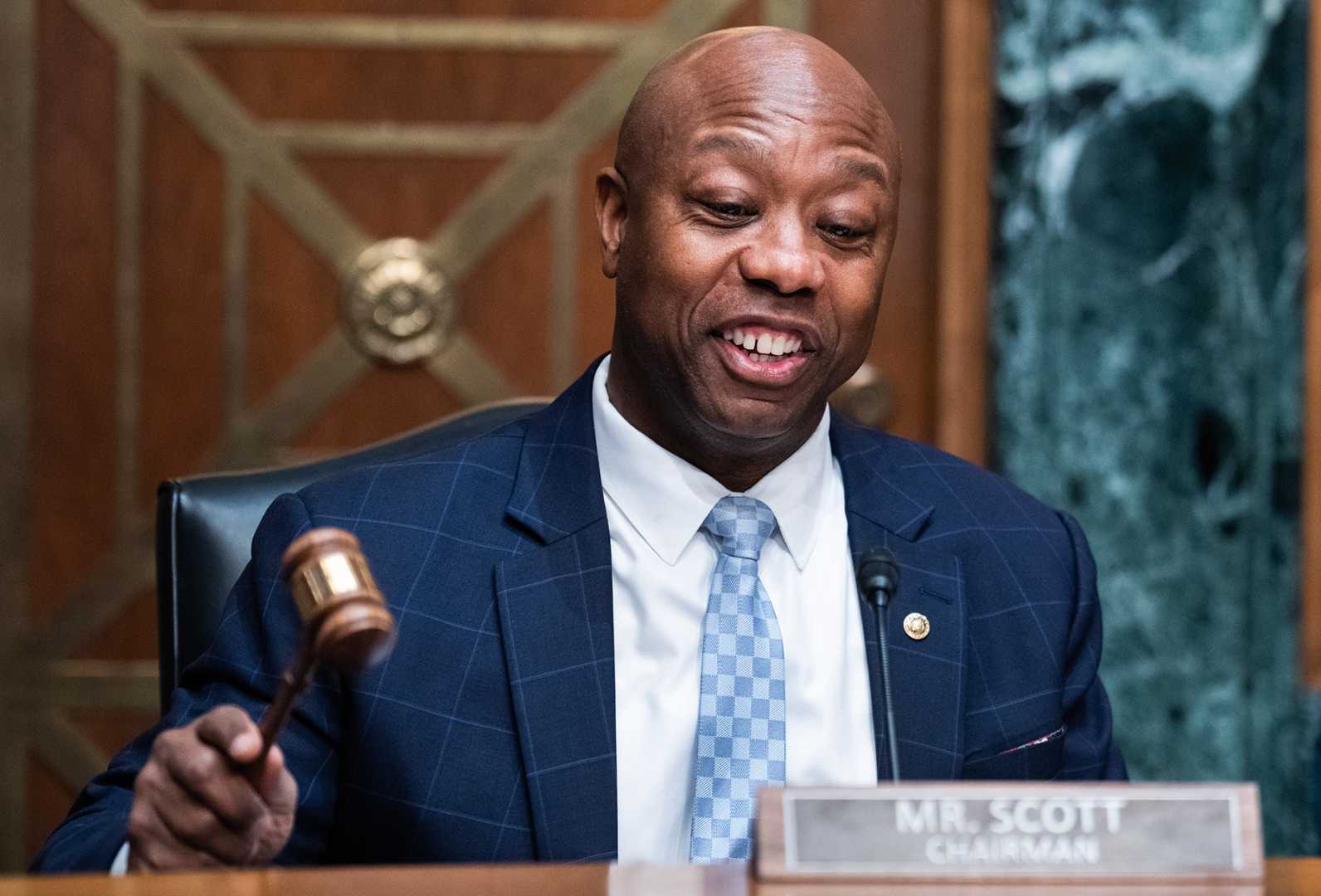Business
Senate Votes to Overturn $5 Cap on Bank Overdraft Fees

WASHINGTON, D.C. — The U.S. Senate voted Thursday to repeal a Consumer Financial Protection Bureau (CFPB) rule that capped overdraft fees at $5 for large banks. The 52-48 vote, driven by Republican lawmakers, has sparked a debate on its potential impact on American consumers.
The CFPB rule, established towards the end of the Biden administration, aimed to alleviate financial burdens on consumers facing high overdraft fees. Banking proponents assert that overturning this cap may actually prevent banks from withdrawing essential overdraft services, pushing consumers towards high-cost alternatives like payday loans.
“Overdraft protection is an important tool that helps Georgia families cover unexpected expenses,” said Tripp Cofield, president and CEO of the Georgia Bankers Association. “We urge Congress to overturn the CFPB rule.”
In direct opposition, U.S. Sen. Raphael Warnock, D-Ga., a vigorous advocate for the cap, questioned the consequences of eliminating it. Warnock argued that families, already struggling with inflation and rising costs, would further suffer without the safeguard. “If we leave this $5 cap for overdraft fees in place, guess what, (banks will) still be doing just fine,” he told The Atlanta Journal-Constitution. “But if we overturn it, families that are already being squeezed… are going to be squeezed even more.”
During the Biden administration, overdraft fees accounted for a staggering $5.8 billion in revenue among major banks. The CFPB initiated the cap as a response to consumer advocacy for more transparency and fairness in banking practices. The agency’s rule provided three options for banks: implement a $5 cap, charge fees covering operational costs, or provide clear loan terms to consumers prior to overdraft services.
Estimates suggest households could save around $225 annually if the cap remains in effect, a crucial financial relief for many families. Despite these beliefs, banking advocates argue the new regulation could endanger overdraft services entirely, eliminating a necessary lifeline during financial emergencies.
Sen. Tim Scott, R-S.C., who backed the resolution, criticized the CFPB’s actions as politically motivated, claiming they focus on sensational headlines instead of practical financial policies. The Senate’s passing of this repeal represents a newfound momentum against the CFPB’s regulations under the Republican-controlled Congress.
The potential elimination of the $5 cap also highlights ongoing efforts by the GOP to roll back consumer protections established post-2008 financial crisis, a theme central to the Trump administration’s broader agenda regarding federal financial regulatory oversight.
Consumer advocates warn against repealing such regulations, voicing concern that it could represent a shift back to practices that exploit vulnerable consumers. “The CFPB’s rule imposes reasonable limits that protect consumers from unfair fees while enabling banks to cover their costs,” stated Chuck Bell, advocacy program director at Consumer Reports. “Repealing the CFPB’s overdraft fee limits will hurt working families who are already struggling with high prices and inflation.”
The House of Representatives is anticipated to address similar measures soon, although a timeline remains unspecified as the political landscape continues to evolve. As the debate unfolds, it remains crucial for stakeholders to monitor how proposed changes may reshape end-user experiences within the U.S. banking system.












